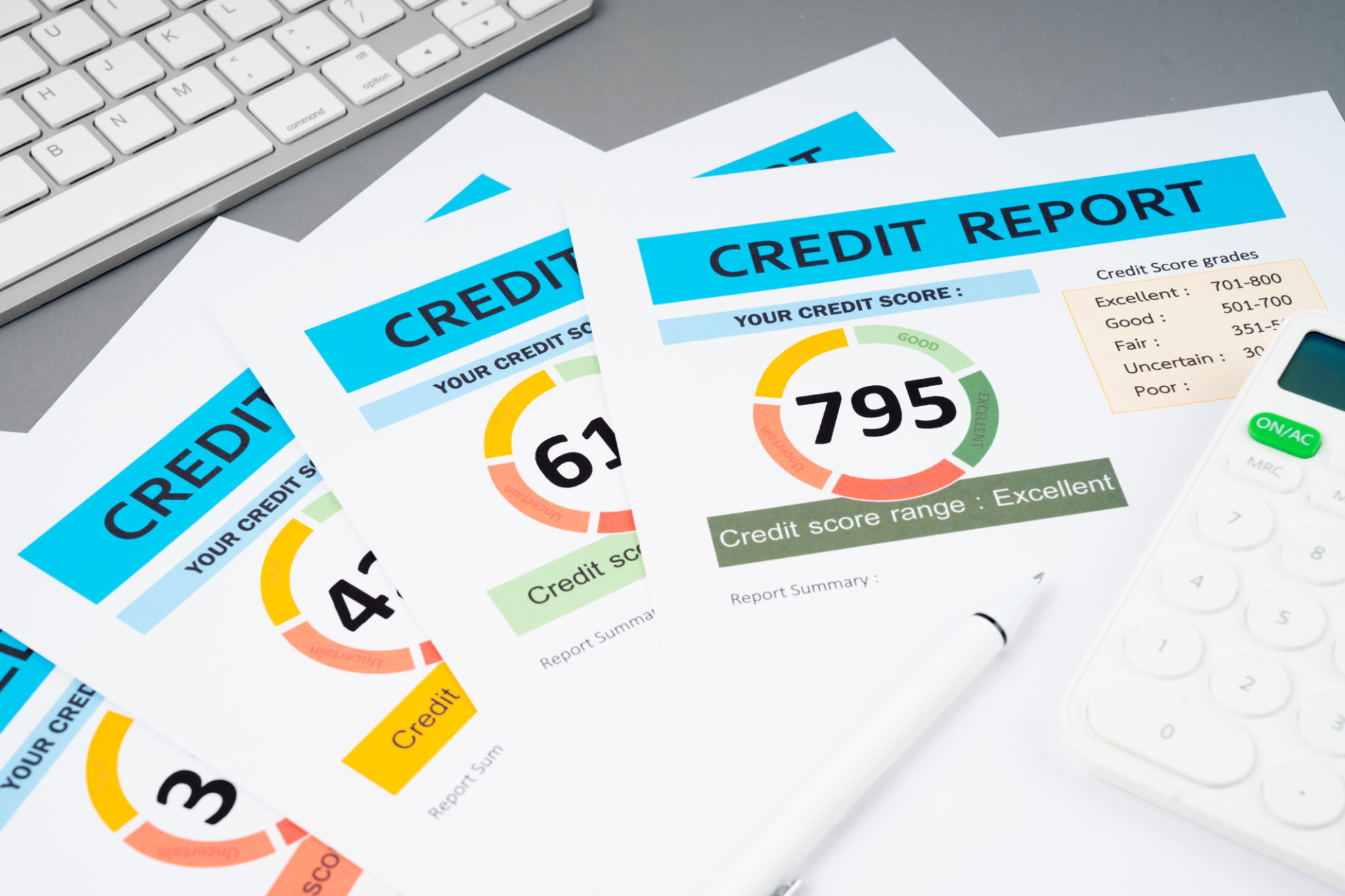The Credit Trap
The Debt Illusion: Why You Don’t Need an 800 Credit Score and How History Created This Trap
The myth of the 800 credit score is one of the biggest lies sold to Americans. The financial industry tells us that a high score is the key to success—a perfect score means lower interest rates, better housing options, and financial stability. But who benefits from this obsession with a number? Hint: It’s not the average American.
Let’s unravel the history of how this system was built, why it’s designed to exploit the middle class, and how you can stop chasing an arbitrary score that doesn’t define your worth.

The History of Credit and Debt in America
Debt has always been a tool of control. During the late 19th and early 20th centuries, as consumer credit expanded with industrialization, banks began formalizing systems to track and evaluate borrowers.
1. Early Beginnings (1800s-1900s):
• Small merchants tracked customers manually, often extending credit based on personal trust.
• As cities grew, lending expanded beyond community networks, and banks needed ways to evaluate strangers.
2. Birth of Credit Bureaus (1920s):
• Companies like Retail Credit Company (later Equifax) emerged, collecting personal information about borrowers.
• These bureaus were opaque and unregulated, with inaccurate or biased data often determining whether someone could secure a loan.
3. The FICO Revolution (1989):
• Bill Fair and Earl Isaac created the FICO score to streamline credit evaluations.
• Their system reduced people to a three-digit number, ignoring context, circumstances, or even basic fairness.

4. Post-2008 Financial Crisis:
• The crisis revealed the predatory nature of the system. Banks recklessly lent money, collapsed, and were bailed out by taxpayers. Meanwhile, ordinary Americans lost homes, jobs, and retirement savings.
Through it all, credit bureaus, banks, and the wealthy elite shaped the system to benefit themselves. They turned debt into a profitable business, leaving the middle class to carry the burden.

The Myth of the 800 Credit Score
Contrary to popular belief, you don’t need an 800 credit score to live a good life. Here’s why:
1. Minimal Impact Beyond 700:
• A score above 700 already qualifies you for most competitive rates on loans and credit cards. The difference between a 700 and an 800 score in terms of interest savings is often negligible.
2. Wealth vs. Credit:
• Billionaires rarely even use credit scores. Banks lend to them based on their assets, cash flow, and influence—not their FICO number. Jeff Bezos isn’t worried about his credit score because his wealth is his collateral.

3. The Real Gatekeepers:
• Many landlords and employers who check credit scores prioritize consistency of income and payment history over the score itself. A well-explained credit report can often override a low score.
4. The Costs of Chasing Perfection:
• Paying off debt just to boost your score can leave you cash-poor. Financial security comes from savings, investments, and income—not a perfect credit score.
The System’s Dirty Secrets
The obsession with credit scores benefits a few key players:
• Credit Bureaus: Equifax, Experian, and TransUnion profit by selling your data to lenders, landlords, and employers. They have no incentive to improve the system.
• Banks and Lenders: The lower your score, the higher the interest rates they can charge you. It’s a system designed to milk money from the most vulnerable.
• Debt Collectors: These companies buy your debts for pennies on the dollar, then harass you for the full amount—often without verifying the legitimacy of the debt.
These entities rely on fear to keep you in line. They’ve turned credit into a weapon, wielding it against those who can least afford it.

Breaking Free from the Credit Score Trap
If the system is rigged, how can you win? Here are actionable steps to escape the credit obsession and focus on real financial health:
1. Stop Chasing 800:
• Aim for a score above 700 for basic financial needs, then shift your energy to building savings and investments.
2. Focus on Assets, Not Scores:
• Build wealth through savings, retirement accounts, and home equity. These matter more to your financial future than a credit score.
3. Negotiate with Lenders:
• Banks and lenders are often willing to work with you, even if your score isn’t perfect. Don’t be afraid to ask for better terms.
4. Use Credit Strategically:
• Pay off high-interest debt first and avoid carrying balances on credit cards. Use credit for convenience, not survival.
5. Leverage Credit Unions:
• Credit unions are more community-focused and often provide lower rates and better terms than big banks.
6. Know Your Rights:
• The Fair Debt Collection Practices Act (FDCPA) protects you from harassment. Demand validation of any debt before paying.
7. Alternative Lending Options:
• Look into peer-to-peer lending, community programs, or family loans to avoid predatory lenders.

A New Vision for Debt
What if debt wasn’t a weapon but a tool for collective prosperity?
1. Universal Debt Forgiveness:
• A reset every 7 years would prevent generational debt traps and allow people to rebuild.
2. Equitable Credit Scoring:
• Replace FICO with a model that considers income stability, effort to pay, and local cost of living.
3. Free Access to Credit Reports:
• Make credit data fully transparent and free for consumers to correct errors.
4. Public Banking:
• Establish government-run banks offering 0% interest loans for essentials like housing, education, and healthcare.

The Revolution Starts Here
The debt system wasn’t built to help you—it was built to control you. The obsession with a perfect credit score is a distraction, keeping you locked in a cycle of fear and dependency. But you don’t need an 800 to live well.
Focus on what truly matters: financial security, assets, and freedom from the anxiety of debt. The system thrives on your silence—so speak out, share this knowledge, and demand change.
It’s time to break free from the chains of debt and build a system that works for everyone.
